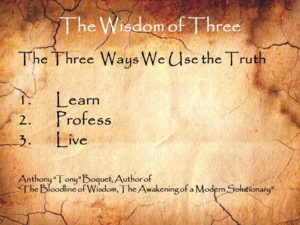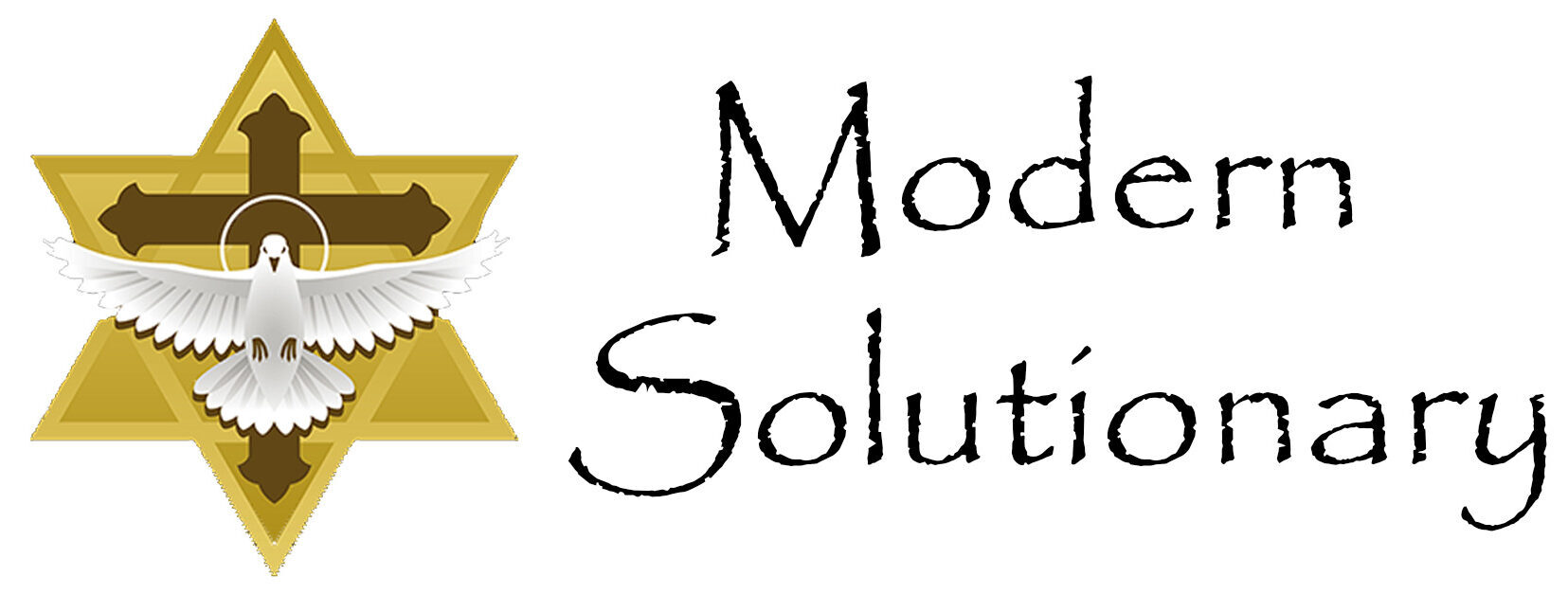Truth…What exactly is it?
My friend Mr. Webster says it is something that corresponds to facts or reality; honest and sincere.
We have all been told as a child it was something you should always tell others; so, it must be a form of communication. Whenever we didn’t tell the truth we were told that we were telling a lie and that was a bad thing; by default, the truth must be a good thing. To complicate the situation further, we can honestly believe we are telling the truth but the person we are speaking with can honestly believe that we are lying to them; causing tremendous disruption to any meaningful trust associated with the topic of our discussion. This differing opinion, as to whether our statement is truth or false, can be based solely on our understanding of one another, past communications with the person, as well as the information available to the receiver, at the time. On occasion, we will even allow irrelevant evidence to invade the topic in question. This sort of confusion definitely hinders our clear identification of the truth resulting in the ongoing search to explain exactly what we are supposed to do with this mysterious thing we call the truth. 
One of the most important uses of truth is as a tool for decoding life’s problems. From our birth we begin to have problems. As intelligent beings we have the ability to prevent problems from occurring and provide solutions to them through the use of the truth.
For instance, early man had a serious problem; at certain times it was extremely cold, and they wanted to stay warm. They had experienced warmth from this thing called fire, but they could not predict or control when it would fly through the air, striking a tree, and creating this pool of heat. To make matters worse it’s noisy arrival usually only occurred when water was falling from the sky, and it seemed that water did not work well with the fire.
Through repeated experiences and the education, they obtained through trial and error, the early people determined that wood was a good fuel and water wasn’t. They learned that they needed to find something that could create a quick dot of fire, a spark; since this seemed to be required in order to ignite the wood into flame. When success finally occurred and they created a fire, they tried to protect the flames from the falling water by covering it with thick furs. In short order, they figured out that air was the third important ingredient for mastering their ability to create and sustain a heat source. With this newfound knowledge they solved a critical problem for all future generations, establishing a lasting truth for all eternity that could be applied to other problems.
 This law of nature is a perfect example of the Wisdom of Three which cannot be changed by any man, woman, or child; fire requires fuel, a heat source, and oxygen. Our early ancestors Learned this truth through education, experience, and the discernment of nature’s laws. Once learned, they eagerly Professed it to all their neighbors and for all generations. As this truth spread, everyone happily Lived the joys found in their ability to duplicate the warm results of these lasting facts.
This law of nature is a perfect example of the Wisdom of Three which cannot be changed by any man, woman, or child; fire requires fuel, a heat source, and oxygen. Our early ancestors Learned this truth through education, experience, and the discernment of nature’s laws. Once learned, they eagerly Professed it to all their neighbors and for all generations. As this truth spread, everyone happily Lived the joys found in their ability to duplicate the warm results of these lasting facts.
As with all truths, they must be Learned, Professed, and Lived. And as with all the natural laws, they cannot be changed by humans. When they are changed, they cease to be the truth; even if some would like you to believe otherwise.
Anthony “Tony” Boquet, the author of “The Bloodline of Wisdom, The Awakening of a Modern Solutionary”
If this is my last post, I want all to know there was only one purpose for all that I have written; to have made a positive difference in the lives of others.
